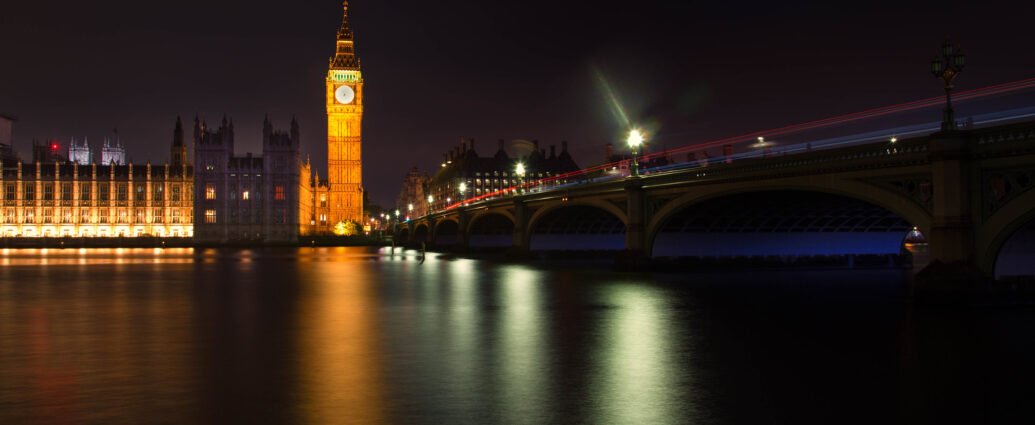Orla Mackinnon
Following the resignations of Sajid Javid and Rishi Sunak on Tuesday, at least 40 ministers and aides have followed suit, meaning that Johnson has endured the greatest number of government resignations recorded in a single day for 90 years.
The previous record was 11 ministers quitting in September 1932 but that was surpassed yesterday as anger over the handling of the Chris Pincher scandal continues to grow. The ministerial resignation rate is also the fastest for Boris Johnson for all but one prime minister since 1979.
A look back at the last 24 hours of ministerial resignations…
Who knows where we'll be by the end of the day! pic.twitter.com/KuRmhK8RHb
— Tim Durrant (@timd_IFG) July 6, 2022
The former Health Secretary, Sajid Javid, and former Chancellor of the Exchequer, Rishi Sunak, triggered the wave of resignations after both posted their letters of resignation on Twitter yesterday. The letters announcing their departures were published minutes apart, causing speculation that their resignations were coordinated.
Mr Javid also gave a speech in the Commons yesterday afternoon where he said there was ‘reason to question the truth and integrity of what we have all been told’. Javid also told Parliament that ‘the problem starts at the top’ and ‘enough is enough.’
He went on to address his colleagues who remained in the cabinet, saying that he understood that they had ‘their own reasons’ to stay and that it was a ‘difficult choice’ to resign, but he believed that ‘not doing something is an active decision’.
“”I am deeply concerned about how the next generation will see the Conservative Party on our current course. Our reputation after twelve years in government depends on regaining the public’s trust.” – Sajid Javid
In addition to the wave of resignations, a number of Conservative MPs have called for the Prime Minister to go, including senior cabinet members such as Michael Gove, Priti Patel and Kwasi Kwarteng.
There have also been a number of MPs publishing their second letters of no confidence in Boris Johnson.
My statement on the Prime Minister: pic.twitter.com/ItT8zUCEgp
— Huw Merriman MP (@HuwMerriman) July 6, 2022
The letters of no confidence are unlikely to have an immediate impact as the 1922 Committee decided today to uphold the current rule that says a Prime Minister cannot face another vote of no confidence for a year after surviving one – which Boris Johnson did last month.
However, elections to the 1922 Committee have been opened and will close next Monday. Then, it is possible for a newly elected executive to decide on changing the rules and potentially trigger a second no-confidence vote.
Featured image courtesy of Michael Levine-Clark via Flickr. Image license found here. No changes were made to this image.


1 Comment